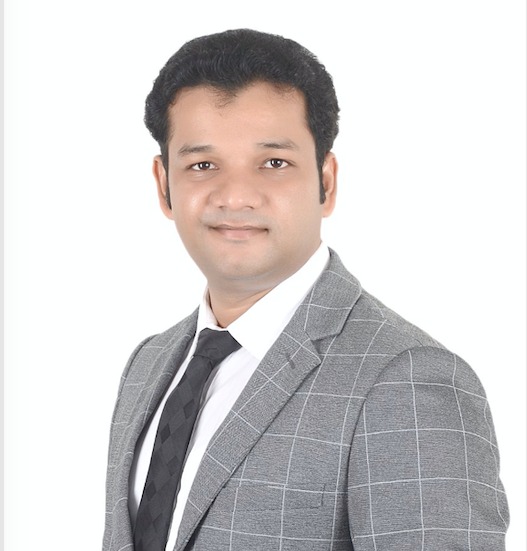Understanding the Guidelines for Medical Advertisement in Dubai: A Comprehensive Overview

Understanding the Guidelines for Medical Advertisement in Dubai: A Comprehensive Overview
In today's digital age, marketing through social media and other online platforms has become essential for healthcare providers. However, in Dubai, the Dubai Health Authority (DHA) has established stringent guidelines to ensure that all medical advertisements adhere to ethical standards, protect public health, and keep the integrity of the healthcare system. This blog will delve into the key terms and regulations outlined in the DHA's "Guidelines for Medical Advertisement Content on Social Media" and provide examples to illustrate each point.
Misleading or Deceptive Content

Definition: Misleading or deceptive content refers to any
advertisement that presents false, exaggerated, or unsubstantiated claims about the
effectiveness, benefits, or outcomes of a treatment, product, or
service.
Example: A clinic advertises a weight loss treatment
claiming that patients will lose 10 kilograms in one month without any dietary
changes or exercise. Such a claim must be more accurate, as it could set unrealistic
patient expectations, leading them to pursue treatments that may not deliver the
promised results.
Unethical Content

Definition: Unethical content includes advertisements that exploit
patients' trust or vulnerabilities, induce unnecessary fear, or create demand for
unnecessary treatments or services.
Example: An ad that
states,
"If you don't get this treatment, you might be at risk of serious health issues",
uses fear to coerce patients into purchasing a service. This type of marketing is
unethical and prohibited under DHA guidelines.
Comparative Advertising

Definition: Comparative advertising involves comparing healthcare providers, services, or products. It is only allowed if the comparisons are based on credible, peer-reviewed evidence.
Example: A dentist advertises their whitening procedure is "better and safer than other dentists in the area." Without scientific evidence to back this claim, such comparisons are not allowed and can be considered misleading.
Content Violating Cultural Norms

Definition: Content that breaches UAE cultural norms or Islamic teachings, such as nudity, profanity, or any content that contradicts the public interest, is strictly prohibited.
Example: An advertisement featuring before-and-after photos of a cosmetic procedure where the "after" photo is enhanced to show dramatic results. If these images include nudity or are sexually suggestive, they violate the cultural norms of the UAE and are not permissible.
Prohibited Products and Services

Definition: Certain products and services are entirely banned from being advertised, particularly those proven harmful to public health or those not backed by clinical evidence.
Example: Promoting a weight loss supplement that claims to "melt fat" but has not been approved by relevant health authorities and lacks scientific backing is an example of a prohibited advertisement.
Privacy Violations

Definition: Privacy violations occur when patient information is used in advertisements without proper consent or when sensitive patient data is exposed without authorisation.
Example: A clinic posts a video on social media showing a patient undergoing surgery without obtaining explicit written consent. This violates patient privacy and is not allowed under DHA guidelines.
Unapproved Use of Symbols and Logos
Definition: Using government logos or symbols without explicit permission from the relevant authorities is prohibited in medical advertisements.
Example: A healthcare facility uses the DHA logo in its social media posts to imply government endorsement. Unless the facility has obtained written approval from the DHA, this use is unauthorised and prohibited.
In final words
The DHA's guidelines for medical advertisement content on social media are designed to protect the public from misleading, unethical, and potentially harmful information. By attaching to these guidelines, healthcare providers can ensure that their marketing practices are practical, responsible, and trustworthy.
Understanding and following these regulations is crucial for healthcare providers in Dubai. Ethical marketing not only builds trust with patients but also upholds the integrity of the healthcare system. Whether you're running paid ads, optimising content for search engines, or posting on social media, always ensure your content aligns with DHA guidelines. This will help you avoid fines and hold a positive reputation in the healthcare industry.

Blog Admin:
Ravinder Bharti
CEO & Founder - Public Media Solution
About: Ravinder Bharti is the Founder and CEO of Public Media Solution,
a leading
marketing, PR, and branding company based in India.